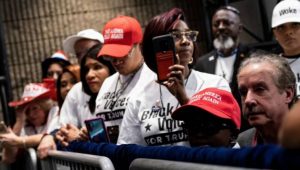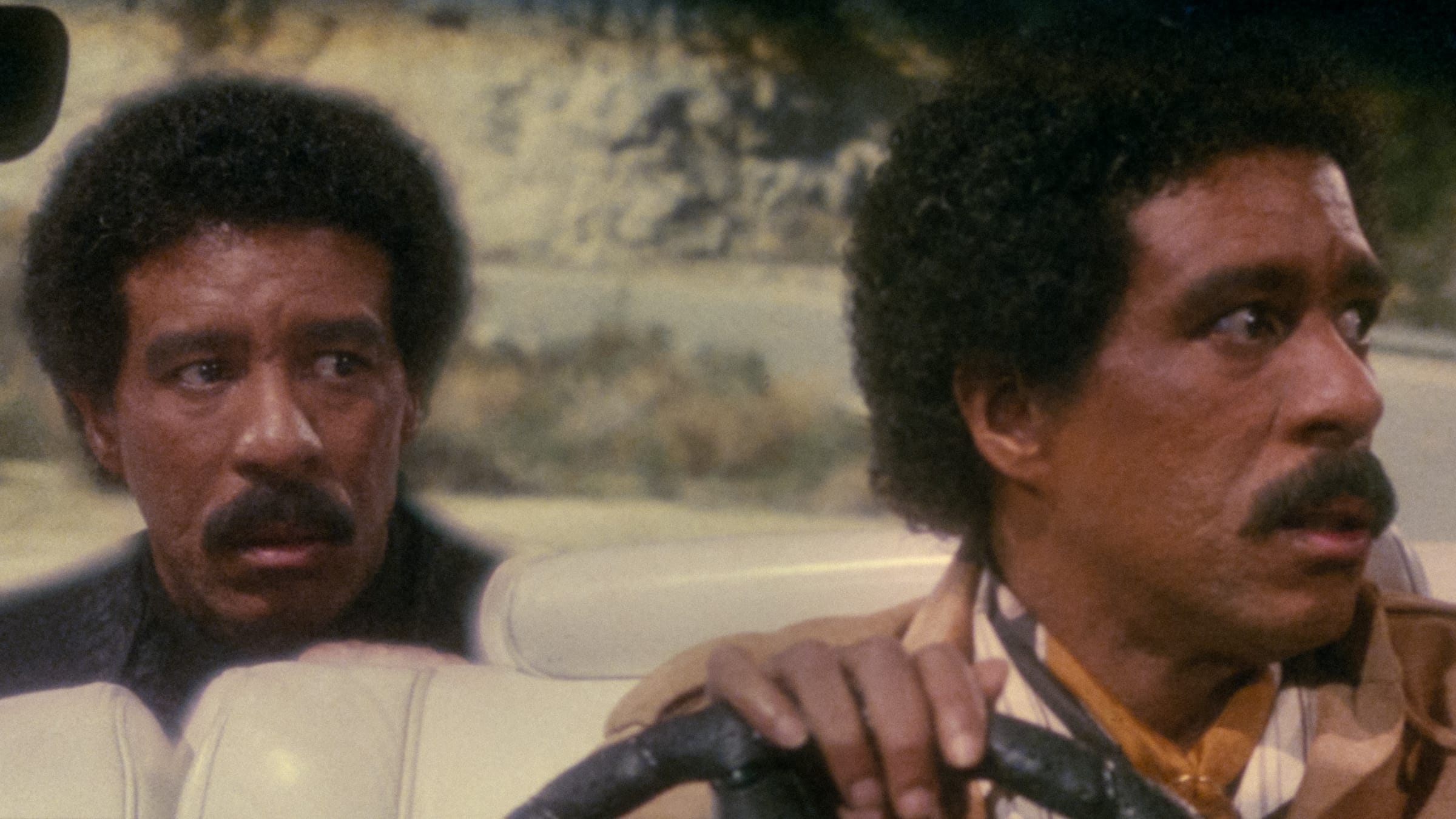(ThyBlackMan.com) President Donald Trump recently launched his black-outreach operation — called Black Voices for Trump — in Atlanta. The objective, of course, is to move more African American voters to the Republican Party. There is good reason to believe Republicans can attract more than the 8% of the black vote they got in 2016.
The headline, logically, is the good economic news — a robust economy that has produced a historically low black unemployment rate.
However, religion is also a subject that should get more attention from Republicans.
A new survey from the Pew Research Center focusing on the role of religion in society shows an enormous disconnect between the religious attitudes and behavior of blacks and their political behavior.
Looking inside the Democratic Party, 66% of white Democrats say churches and religious organizations “have too much influence in politics,” compared with only 30% of black Democrats who have this opinion.
Thirty-seven percent of black Democrats say churches and religious organizations “do not have enough influence in politics,” compared with 10% of white Democrats.
Forty percent of black Democrats feel it is a “bad thing” that religion is “losing influence in society,” compared with 23% of white Democrats.
The 37% response by blacks that churches “do not have enough influence in politics” is identical to the response of Republicans.
In a Pew survey of last year, 75% of blacks, compared with 49% of whites, said religion is “very important.”
Given that roughly 8 out of 10 blacks identify as Christian, according to Pew, how can we understand their disproportionate support for a Democratic Party that views the importance of religion so differently than they do?
The huge migration of black voters to the Democratic Party came with the civil rights movement. In 1964, Lyndon Johnson won 94% of the black vote, compared with John Kennedy, who got 68% in 1960.
Since 1964, 85 to 90% of the black vote has gone to the Democratic presidential candidate.
But the country and the Democratic Party have changed dramatically since 1964.
The civil rights movement was a religious, moral movement to end racial discrimination and achieve equal rights under the law.
The civil rights organization that Dr. Martin Luther King Jr. founded was called the Southern Christian Leadership Conference.
According to one historical account: “One of his (King’s) most trusted aids urged him to drop the word Christian from the new organization. It was argued that such an explicit religious reference would alienate Northern liberals, whose support would be crucial in the years ahead. King was adamant, however, and the word Christian remained.”
King’s famous “I Have a Dream” speech was less a political speech than a pastor’s sermon.
In 1964, less than 10% of babies born were born to unwed mothers, compared with more than 40% today. Seventy-five percent of American adults over 18 were married in 1964, compared with 50% today.
In 1973, the Roe v. Wade decision made legal abortion part of American cultural reality.
Religion and politics parted company, with the Democratic Party leading the way to the secularization of America.
The moral wasteland capturing America today disproportionately hurts poor communities, whether we are talking about what children hear in the broken public schools they are forced to attend or the impact of a prevailing culture of meaninglessness on the traditional family.
The conservative majority we now have in the Supreme Court — thanks to President Trump — may well find, during this term, the Blaine Amendments in the constitutions of 37 states to be unconstitutional. This major roadblock to parents using public funds to send their children to religious school will be gone. It would be an Emancipation Proclamation in education for black children.
The Democratic Party of today is no home for blacks. Republicans need to do the work to get to black voters the truth that they can find a home in the Republican Party.
Written by Star Parker
Official website; http://www.urbancure.org

















Leave a Reply